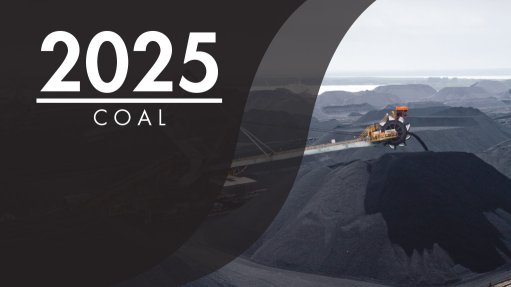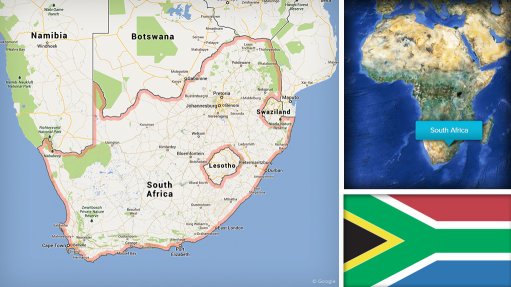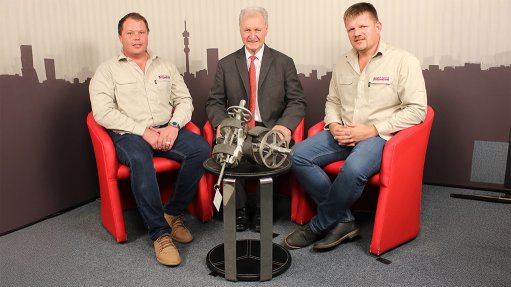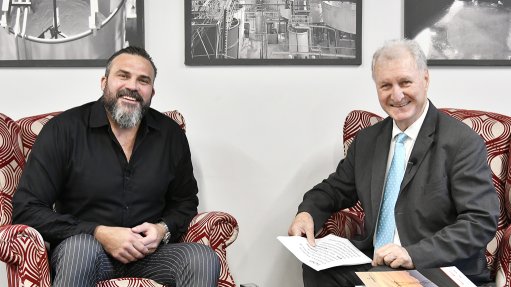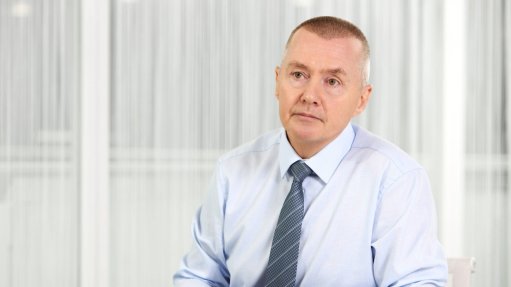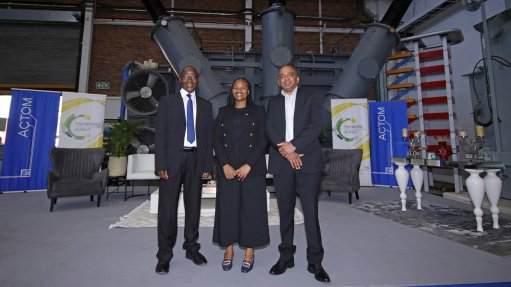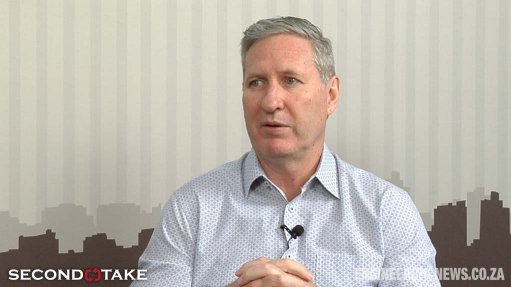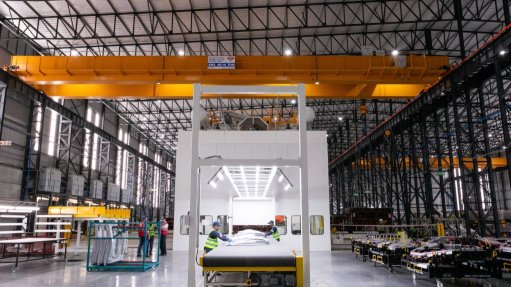Funding delays hinder Just Energy Transition implementation
South Africa has comprehensive policy tools to respond to climate change adaptation and mitigation needs, but timely access to funding remains a major impediment to implementing the country’s Just Energy Transition Implementation Plan (JET-IP), according to Parliament’s National Assembly chairperson Cedric Frolick.
Frolick was speaking at the 2023 United Nations Climate Change Conference (COP28) conference during the “Just Transition: A parliamentary perspective on South Africa’s progress towards meeting the goals of the Paris Agreement” segment, in Dubai last year.
He stressed the need for blended finance to help South Africa achieve its transition towards a low-carbon economy. As of December last year, South Africa had raised about R205-billion, which makes up only 13% of the required R1.6-trillion needed for decommissioning of coal power plants, the expansion and strengthening of the transmission and distribution infrastructure and economic diversification of affected mining towns.
The breakdown of the finance already raised showed that 81% is in loans, 4% is grants, and 15% is guarantees.
“Unless we meet the financial commitments for the Just Transition programme it will be difficult to meet our 2030 and 2050 targets. It is also a concern that the majority of commitments made have been in the form of concessional loans which might place an unintended burden on the fiscus in the long term,” Frolick explained.
To prevent the unintended consequences of decommissioning of power plants, he called for urgent reskilling of workers in the affected mining towns, the majority of which are based in Mpumalanga.
Training and upskilling will provide concrete alternatives to low-skilled workers and downstream economies that have benefited from fossil fuels and will give assurances that the transition will be inclusive and just, he explained.
Frolick added that achieving a balance called for a blended finance model. This, he said, will help to de-risk climate change ventures and will encourage private capital to invest and help drive mitigation and adaptation solutions.
He reaffirmed South Africa’s commitment to limiting temperature increases to 1.5 °C above preindustrial levels through the implementation of the JET-IP. The plan seeks to, among others, reduce emissions through decommissioning of six coal power stations by 2030, and a further seven coal power stations by 2050.
However, this plan has inherent risks, including creating ghost towns and job losses in the energy sector and downstream economies. It is projected that up to 48 500 jobs are expected to be lost if the government meets its target of decommissioning six coal plants by 2030.
He also stressed the critical role of focused oversight in ensuring an equitable, inclusive and just transition. Frolick underscored the oversight role of parliamentarians to ensure workers and communities affected by mitigation-induced economic shifts are supported and that climate change projects are well managed, just and equitable.
Parliamentarians must also assess if opportunities resulting from the transition will contribute to a positive and transformed economic outlook, he said.
He added that parliaments must heighten oversight to ensure that there is greater transparency in the details of the available climate finance and the affordability thereof.
The transition also provides an opportunity for greater trans-boundary collaboration between South Africa and other Southern African Development Community countries to scale-up renewable-energy generation and transmission to those countries with higher demand, he explained.
He concluded by stressing that while the down-scaling of coal use is part of the just transition, adequate support for vulnerable workers and communities should be prioritised before the coal power stations can be decommissioned.
Article Enquiry
Email Article
Save Article
Feedback
To advertise email advertising@creamermedia.co.za or click here
Comments
Press Office
Announcements
What's On
Subscribe to improve your user experience...
Option 1 (equivalent of R125 a month):
Receive a weekly copy of Creamer Media's Engineering News & Mining Weekly magazine
(print copy for those in South Africa and e-magazine for those outside of South Africa)
Receive daily email newsletters
Access to full search results
Access archive of magazine back copies
Access to Projects in Progress
Access to ONE Research Report of your choice in PDF format
Option 2 (equivalent of R375 a month):
All benefits from Option 1
PLUS
Access to Creamer Media's Research Channel Africa for ALL Research Reports, in PDF format, on various industrial and mining sectors
including Electricity; Water; Energy Transition; Hydrogen; Roads, Rail and Ports; Coal; Gold; Platinum; Battery Metals; etc.
Already a subscriber?
Forgotten your password?
Receive weekly copy of Creamer Media's Engineering News & Mining Weekly magazine (print copy for those in South Africa and e-magazine for those outside of South Africa)
➕
Recieve daily email newsletters
➕
Access to full search results
➕
Access archive of magazine back copies
➕
Access to Projects in Progress
➕
Access to ONE Research Report of your choice in PDF format
RESEARCH CHANNEL AFRICA
R4500 (equivalent of R375 a month)
SUBSCRIBEAll benefits from Option 1
➕
Access to Creamer Media's Research Channel Africa for ALL Research Reports on various industrial and mining sectors, in PDF format, including on:
Electricity
➕
Water
➕
Energy Transition
➕
Hydrogen
➕
Roads, Rail and Ports
➕
Coal
➕
Gold
➕
Platinum
➕
Battery Metals
➕
etc.
Receive all benefits from Option 1 or Option 2 delivered to numerous people at your company
➕
Multiple User names and Passwords for simultaneous log-ins
➕
Intranet integration access to all in your organisation




